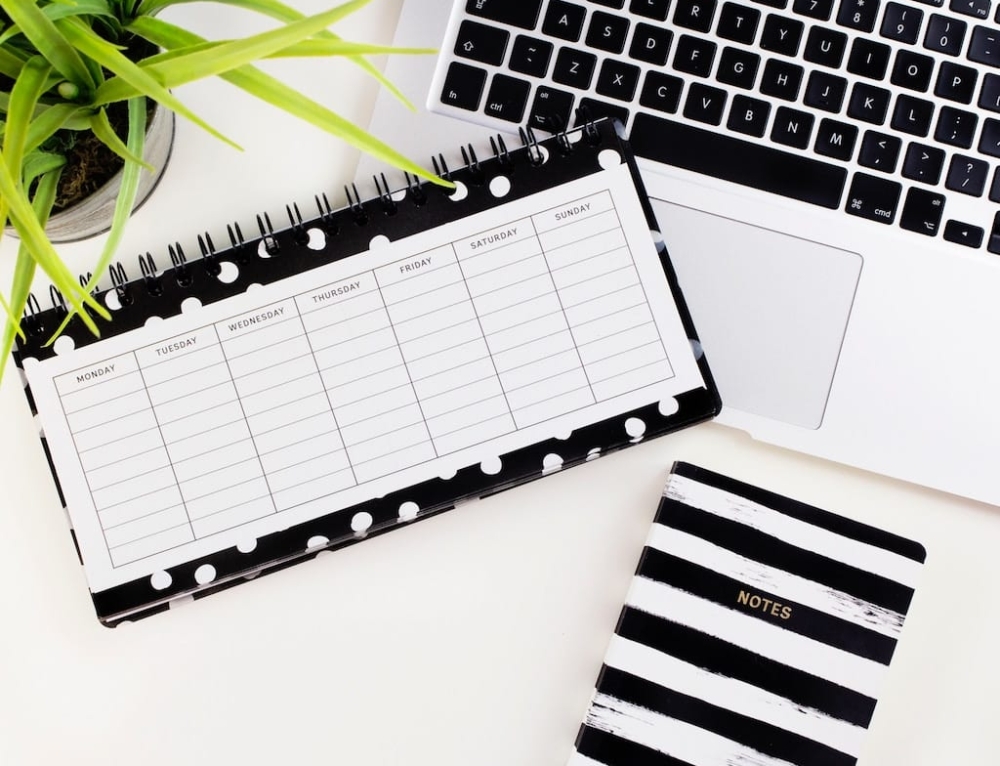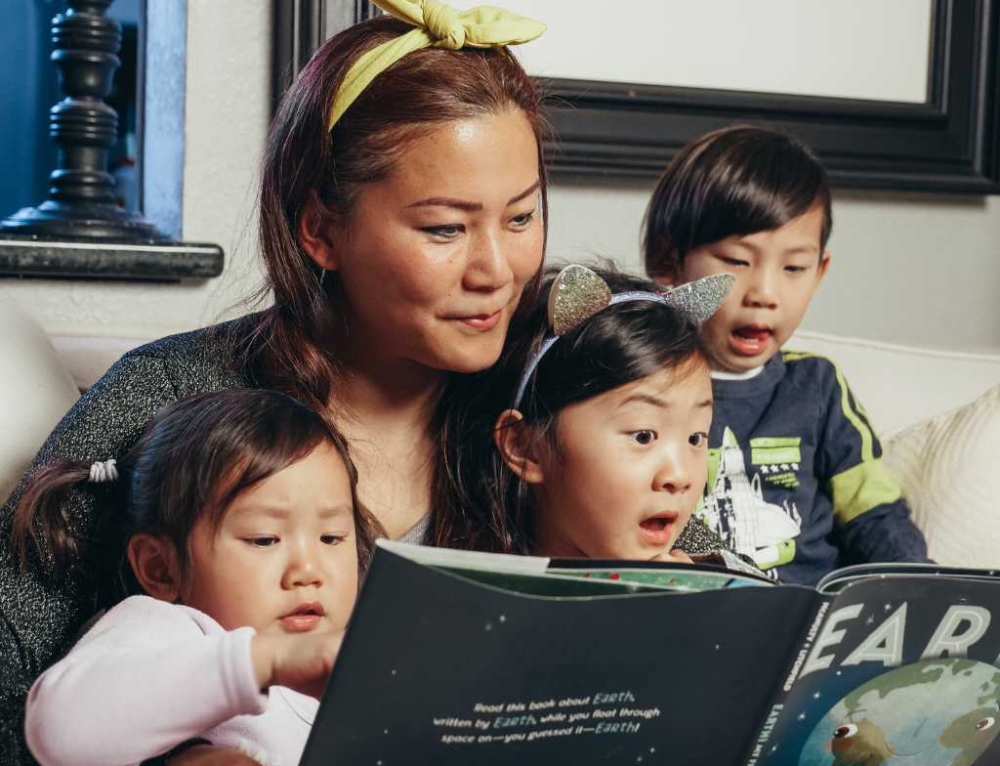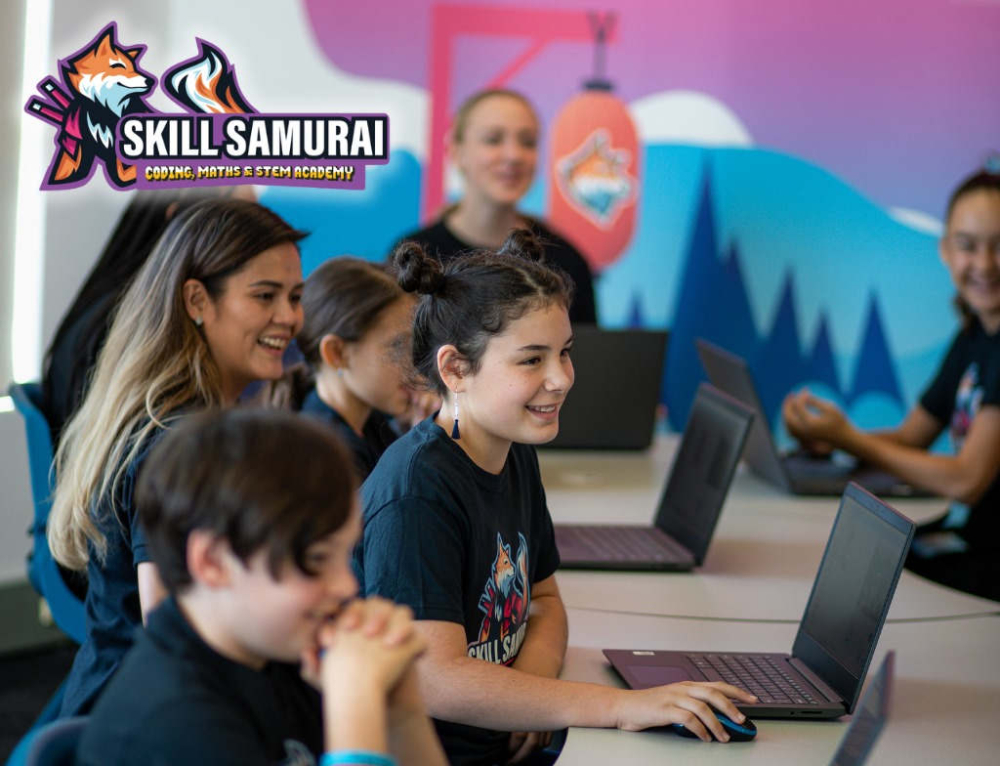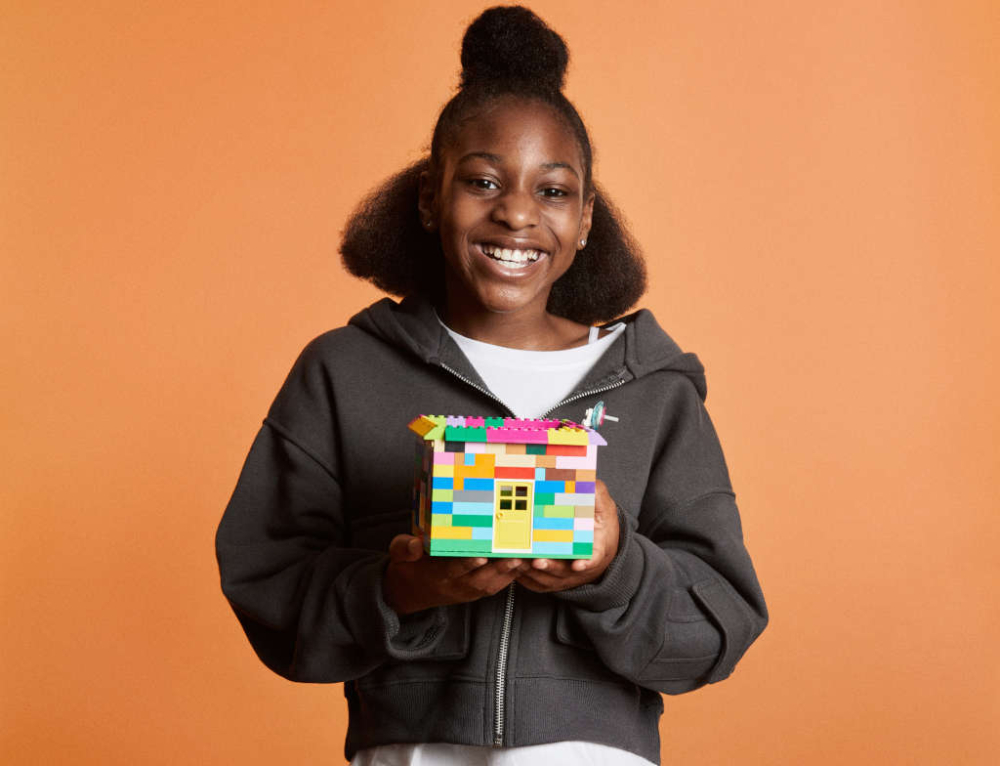The news reports can be scary and gloomy enough for adults. For kids it can be worse than a horror movie. Plus, in our digital age, it’s all-pervasive and virtually impossible to avoid. So if mums and dads can’t shield their kids from the terrors of the world 24-7, how can they help their kids process it?
The Sandy Creek school massacre in the US, is a case in point. It headlined television, radio and print news. You couldn’t turn on any form of media without hearing or reading about it. Many littlies would have even caught snippets of it as they travelled around in cars or eavesdropped on grown-up conversations.
But just how much should kids know? It’s definitely an ages and stages issue, says Rita Princi, psychologist and Australian Council of Children and Media (ACCM) spokesperson, because kids’ ability to process information develops over time.
On a need-to-know basis
But she’s adamant about one point: if a child, even as old as 12, doesn’t know about a horrific event – like the recent shooting – don’t tell them.
“They don’t need to know,” Rita says. “Will this information be of any benefit to them?”
The answer is no. All it does is make children feel unnecessarily anxious and unsafe.
Rita says that kids under the age of 12 see information as black-and-white and can find it hard to rationalise or understand that a shooting, murder or even natural disaster is a random and rare event that happened a long way away.
This view is echoed by Diane Levin, a US professor of education and author of The War Play Dilemma: What Every Parent And Teacher Needs to Know.
“Children think about the news very differently from adults. News to kids is not just tragic events or disasters; instead they define it to include their entire lives,” she says.
“They also interpret the news in personal ways. For example, when young children watch or listen to news reports about crime, bombings, and cyclones, they may worry about their own safety. Because young children are not able to fully understand cause and effect and distance, it’s hard for them to make distinctions between an immediate threat and one that is far away.”
This is where parents need to step in and help make their kids feel safe, says Rita.
Backed by research
Watching news reports on catastrophic events, such as September 11, has been found to pose acute anxiety problems for children, because kids see that the adults are also scared. Plus these tragic events are often played over and over again.
“Children look to their parents for assurance that they’re safe – and they’re very astute at picking up on their parents’ anxiety,” Rita says.
Studies have also suggested that some children and teens can be prone to imitate what they see and hear in the news which can result in “copy cat” events, while chronic and persistent exposure to violence can lead to fear, desensitisation, and in some kids an increase in aggressive and violent behaviour.
Tips for parents: ages and stages
SA’s Parenting and Child Health website has this sensible advice for mums and dads on talking to your littlies about tragedies in the news.
Preschool
- Turn the TV off so they aren’t exposed to what’s being reported in the media.
- Listen to their feelings calmly, give them time to talk without pressure.
- Explain that what has happened is in another country and a long way away (if this is true) and reassure them that they are still safe.
- Give lots of physical reassurance.
- Give lots of opportunities to play, draw and paint (without guiding them). This helps children to deal with feelings and get a sense of control.
School age
- It is still a good idea to protect them from the TV. Visual images can have a powerful impact and news reports provide unnecessary detail.
- You may have to answer the same questions over and over as the child tries to make sense of what has happened. Give as much information as they want but avoid unnecessary or frightening detail.
- Give opportunities to talk about their feelings and their fears. Validate their feelings as real.
- Keeping to routine provides a sense of safety.
- Try to help them with their fears by talking through the issues according to their age and understanding, For example, “Sad and scary things do happen in the world but they are rare and there are lots of sensible people who are working to stop things like this happening”. Talk about the people who are helping.
- Most of all think about your own response. When things like this happen it touches our own sense of insecurity. It is really important to hold on to the sane and down to earth aspects of your daily life and this is what ultimately will make the world feel safe for your children.
This article was written by Fiona Baker for Kidspot NZ. Sources include Parenting and Child Health.
Read more on Kidspot:







We don’t watch the news in our household. I get my news from online which means private viewing. I guess my husband does too. It’s good to have the tips on how to talk to our kids at certain ages. We are still at the preschool age and this is a good topic to take note of if my curious little boy asks certain questions. Yes truth is important, but how we explain is also crucial.
I think that it’s important to tell kids the truth, especially if they ask, but not the whole truth and not the gory details. When my uncle shot himself and we were all very upset my then 5 year old daughter asked what happened to Uncle Paul. I told her that he had died, and when she asked how, I told her that he was sick. She didn’t need to know that it was a mental illness and that he had taken his own life.
Its hard because the news isn’t something that is just on at 6.00pm everynight any more, they can hear it on the radio, kids talk about it at school and they can see it flash up on computer screens. My children are a lot more aware of these things that I certainly was as a child.
Although being from Christchurch and the earthquakes I think most of the children have at an early age learnt bad things can happen.. I felt sorry for my children, who lost friends, who friends lost their Mum or Dad and in a way lost that innocence of the youth earlier than I would of hoped. We can only do our best to protect our children from the horrors of the world but we can learn to be there for our kids to listen and to talk and to build up a resilience in them.
We like to watch the news as a family – this gives our 10yr old son the chance to ask us questions about things. He likes to be up to date with current affairs as we do, however we also screen the news – if there is an article coming up that we know is going to affect him or not appropriate for him to see and listen too then we will turn it off.
I have just forwarded this article to my husband and it could not have come at a better time! He tends to put the news on with the kids around and I have to continue warning him not to due to the content that is on sometimes. I do believe that we shouldn’t try to shelter our children too much from the world and I’m ok with us explaining things to our son on a need to know basis but some things they just don’t need to hear about e.g. sexual or child abuse.
I like the on the need to know basis I am not going to tell my kids anything that will worry them especially when one of them doesn’t sleep well as he gets nightmares. If it’s local well it may be different. We turn the tv off a lot now as some of the things on there they really do not need to see or be exposed too. My son gets anxiety and can work him up so much so the less horrific things he knows about the better.
I very rarely watch the news and don’t buy newspapers etc, that’s not to say I don’t keep up with what’s happening in the world, just don’t like seeing and hearing all the bad stuff (and unfortunately a lot of it is bad!). Our daughter doesn’t watch much TV and definitely doesn’t watch the news of anything like that via computer or tablet. Kids are susceptible enough to anxiety these days without the added extra of death, war etc around the world. I’m not sheltering her from things, but most of it she doesn’t need to know about, that’s how I feel anyway.
I like that Mr Rogers quote about what his own mum would say to him. Look for the helpers. I do this a lot, if the kids haven’t been able to avoid some news, I go and say, look though see all these people helping. Let’s help too. Maybe do a donation to something that might help. We talk about things very far away. You do have to be careful. I remember after Trump was announced president my eldest went to school and there were kids crying. My daughter spent some time trying to reassure others that he was miles away and we were safe.